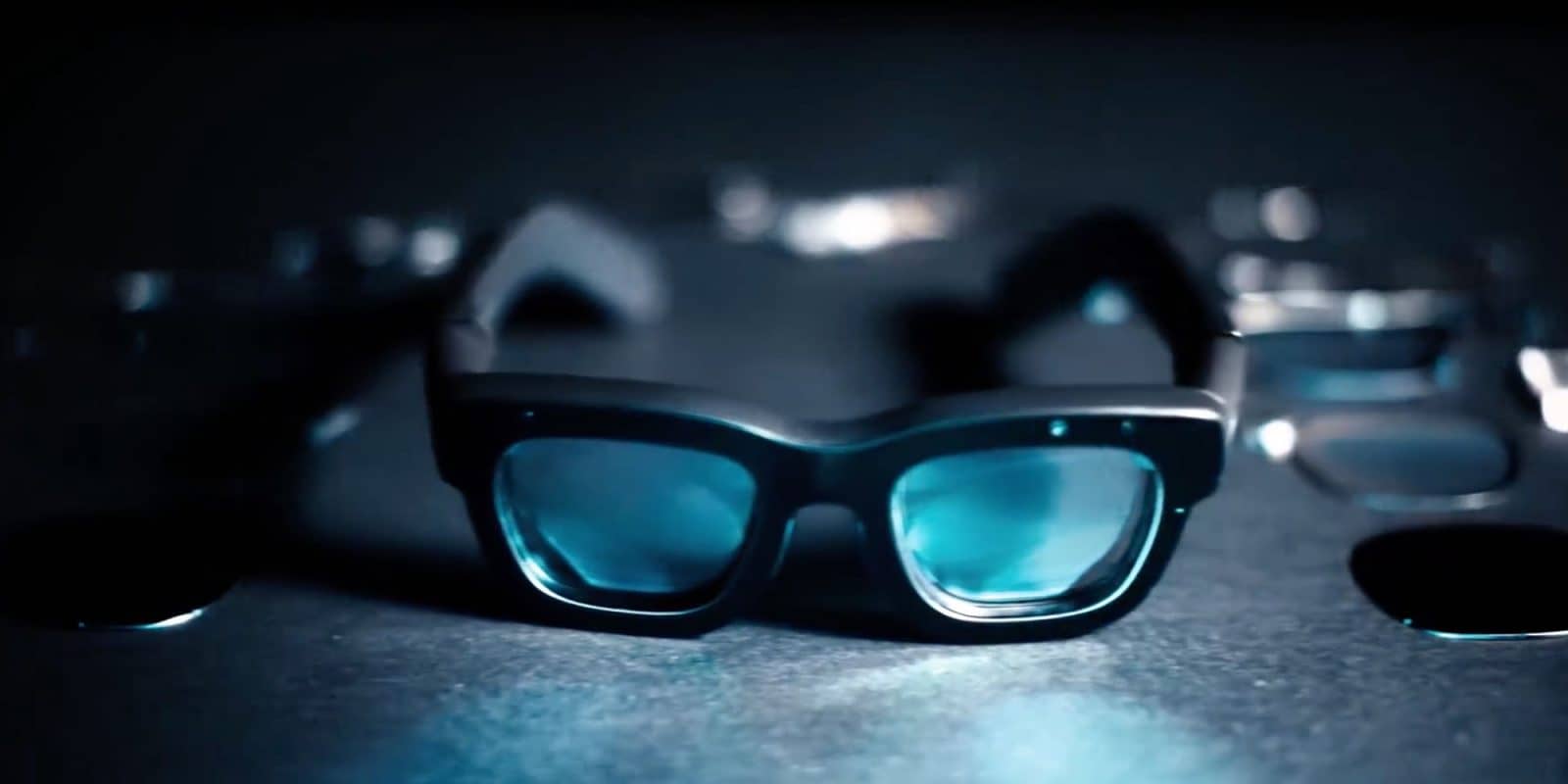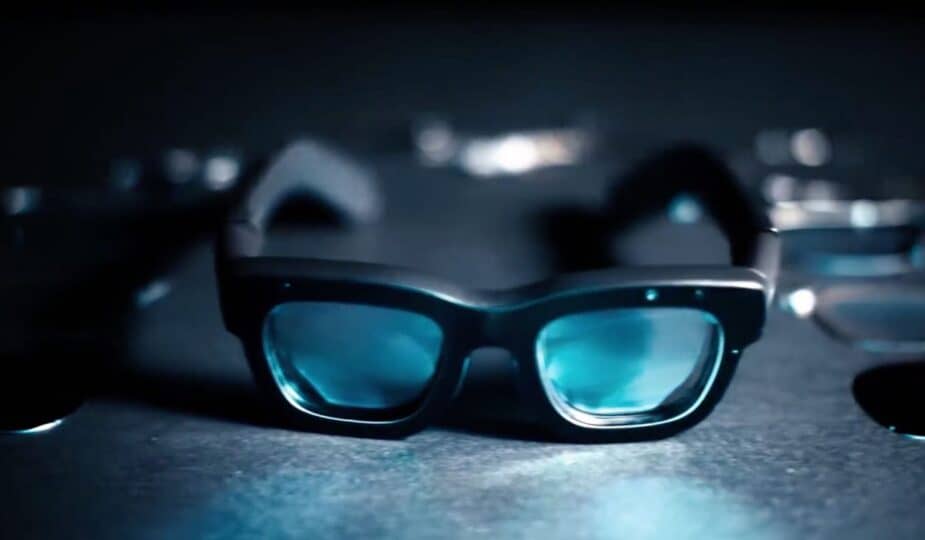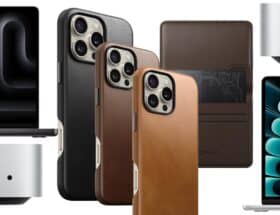
Back in September, Meta first unveiled an early prototype of its Orion augmented reality glasses, and while they're still a long way from being a real product you can buy, the company believes they can get there.
Indeed, Meta's head of wearables believes that Orion could eventually become the AirPods of augmented reality –
Orion Augmented Reality Glasses
Meta rather optimistically described the prototype pair as having the “look and feel of a regular pair of glasses,” and I didn't entirely agree with that description.
Perhaps to a nearsighted person in a heavily foggy night, but to the rest of us, they look exactly like what they are: an early prototype of a product that brings us one step closer to that ideal.
Don’t get me wrong. I think what Meta has shown us is an amazing achievement. It’s pretty phenomenal to squeeze so much augmented reality technology into a form factor that even remotely resembles glasses. It’s much closer to glasses than the device Xiaomi unveiled last year. And the display is much more like the Vision Pro than the proof of concept Oppo unveiled.
But the gap between what we’re seeing from Meta and anything Apple will release as a consumer product is huge. Not to mention something as small as a $10,000 manufacturing cost.
Meta and Apple are, of course, taking very different approaches to solving the same problem.
Both companies want to eventually have a truly glasses-like product that displays highly realistic augmented reality content, but while Meta proudly shows off its work in progress, all of the existing Apple Glasses prototypes are kept locked away in a lab.
A Common Philosophy with Apple
They do seem to have a common philosophy, though. Namely, the technology should enhance your experience of the real world, not replace it.
That's why Apple CEO Tim Cook has said that augmented reality is much more interesting than virtual reality, and Meta also seems to be thinking about its Orion project as a way to create a device that people put on when they want to use it and take off afterward, rather than wear it all the time.
The company's Joshua To spoke to FastCo.
He doesn’t think of Orion as a place where you’ll be sucked into reality 2.0, but rather as a quieter computer that you can easily put on and take off. “A bit like how you think about Airpods,” he says.
In other words, you put your AirPods on when you want to block out the world for a bit to listen to music, but take them off when you want to connect with the people around you.
A Surprisingly Apple-Like Approach to Privacy
As someone who has a condition known as mild facial aphasia, which makes it difficult for me to recognize faces, one of the most popular applications for me has always been the idea of augmented reality glasses that identify the people I meet. Meta says it plans to do just that, but with a surprisingly Apple-like approach to privacy.
Meta has built its own internal prototypes for labeling the names of people you see with Orion, and as To describes it, it's “pretty damn cool” to know everyone in the room. He pitches the idea of a small conference where you show up and agree to, say, share your contact on your phone, allowing other people to see your name. If you don't, Orion keeps you anonymous.
“I think if we can do name labeling in a thoughtful way that's really respectful and thoughtful, that's something we're really interested in doing,” To says.
The full article is an interesting read.
Image: Meta










